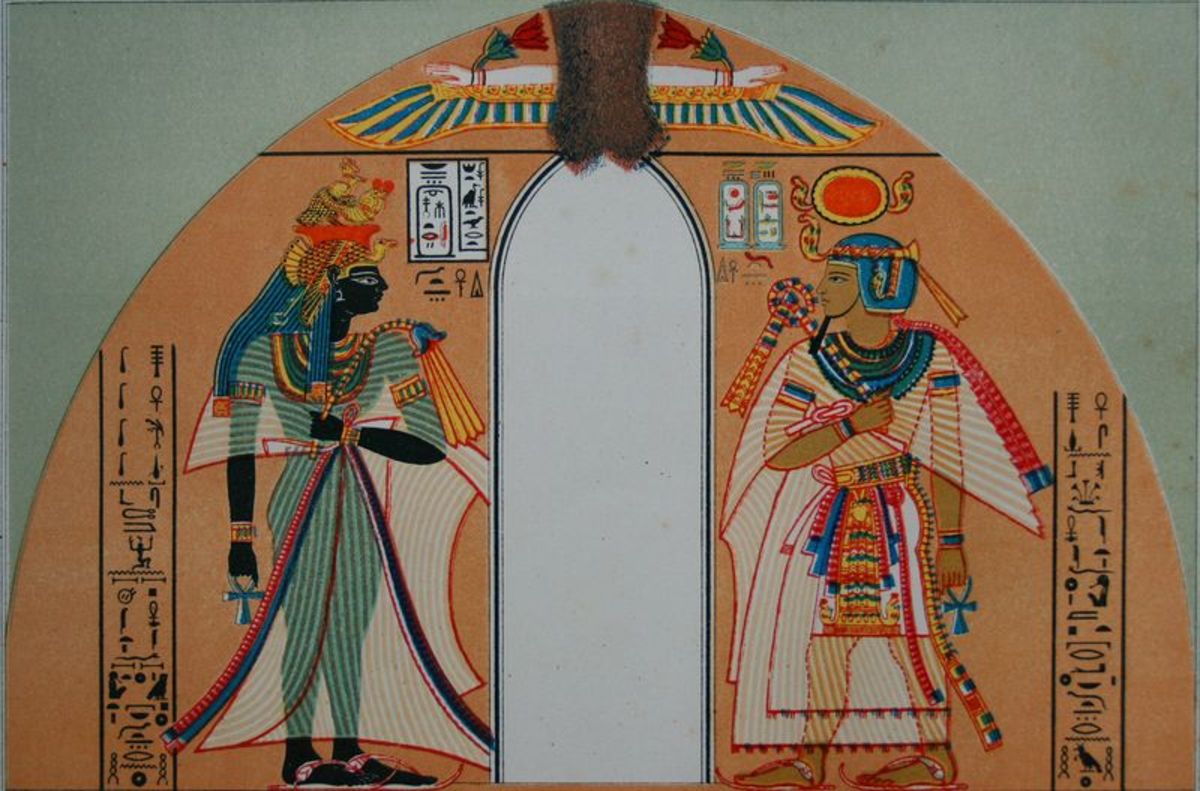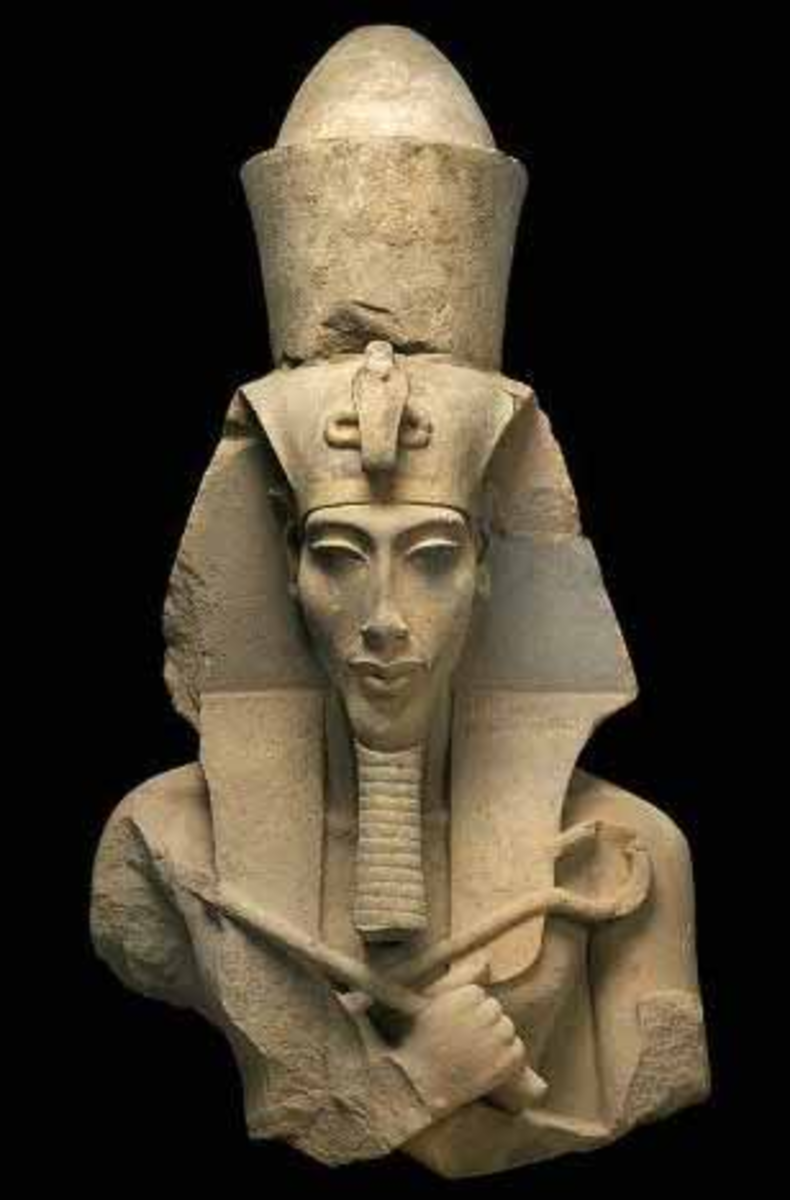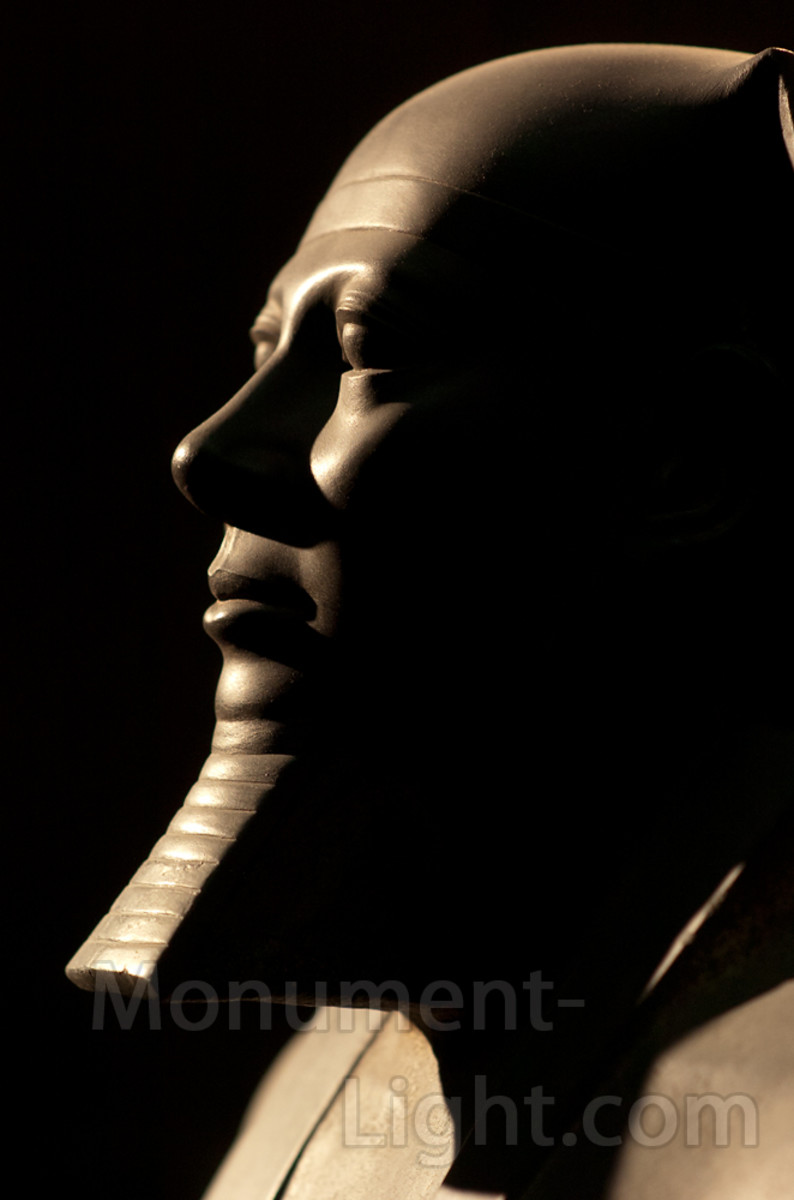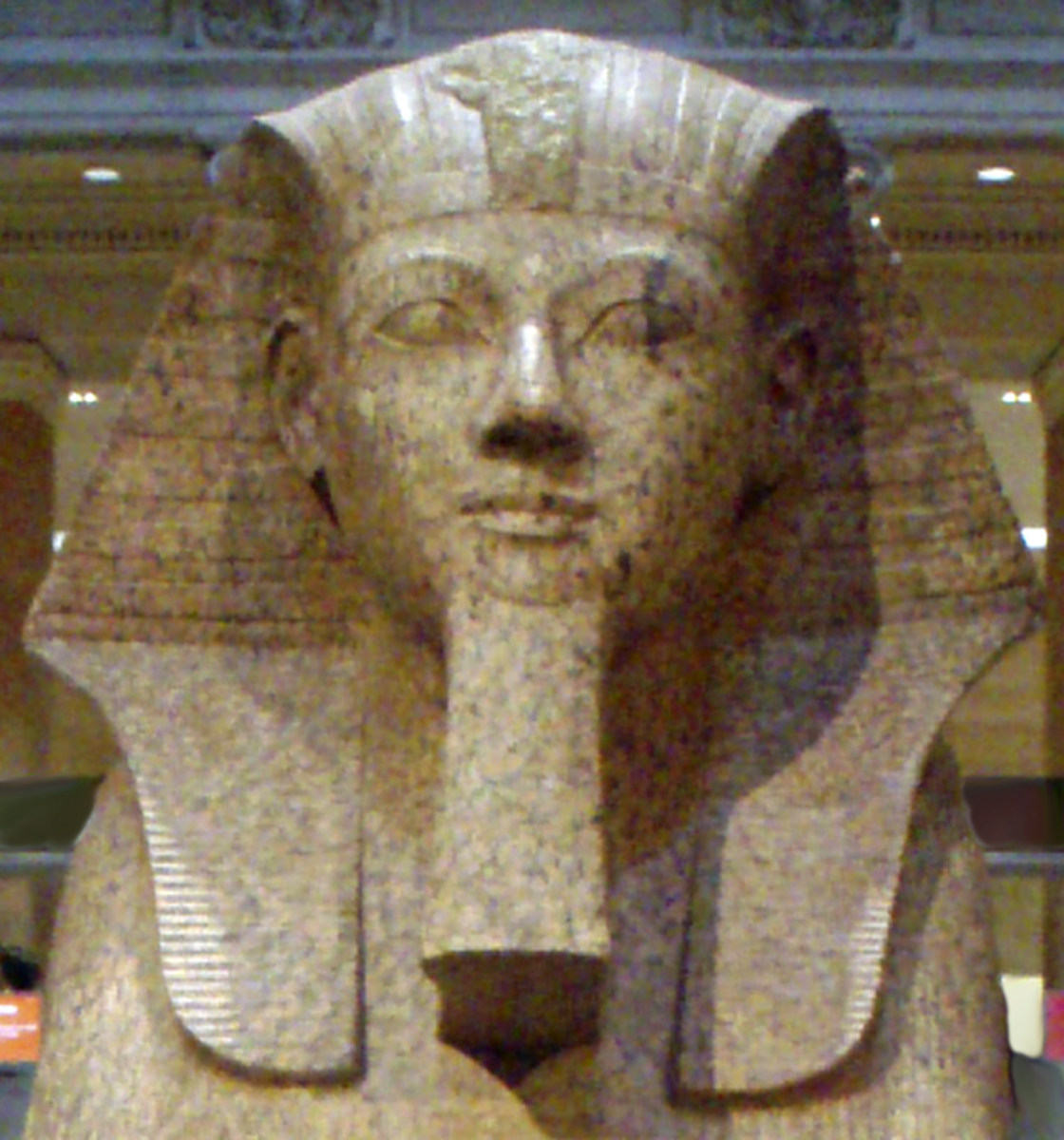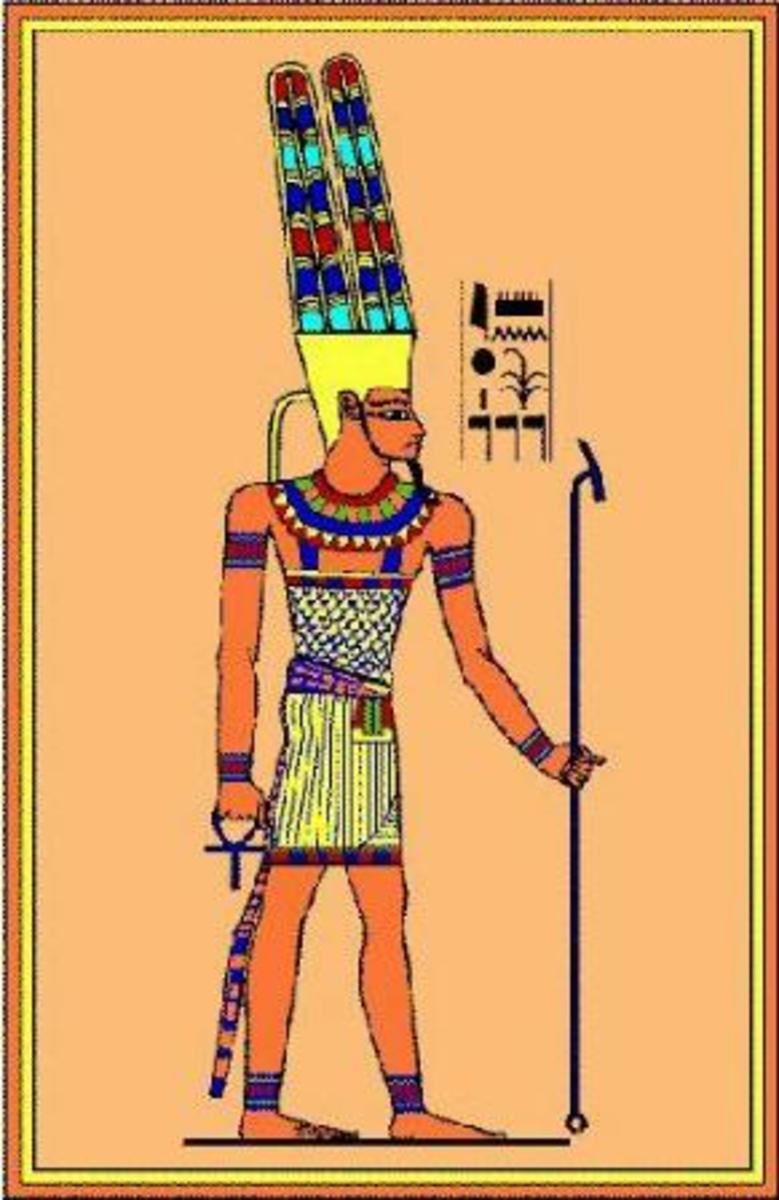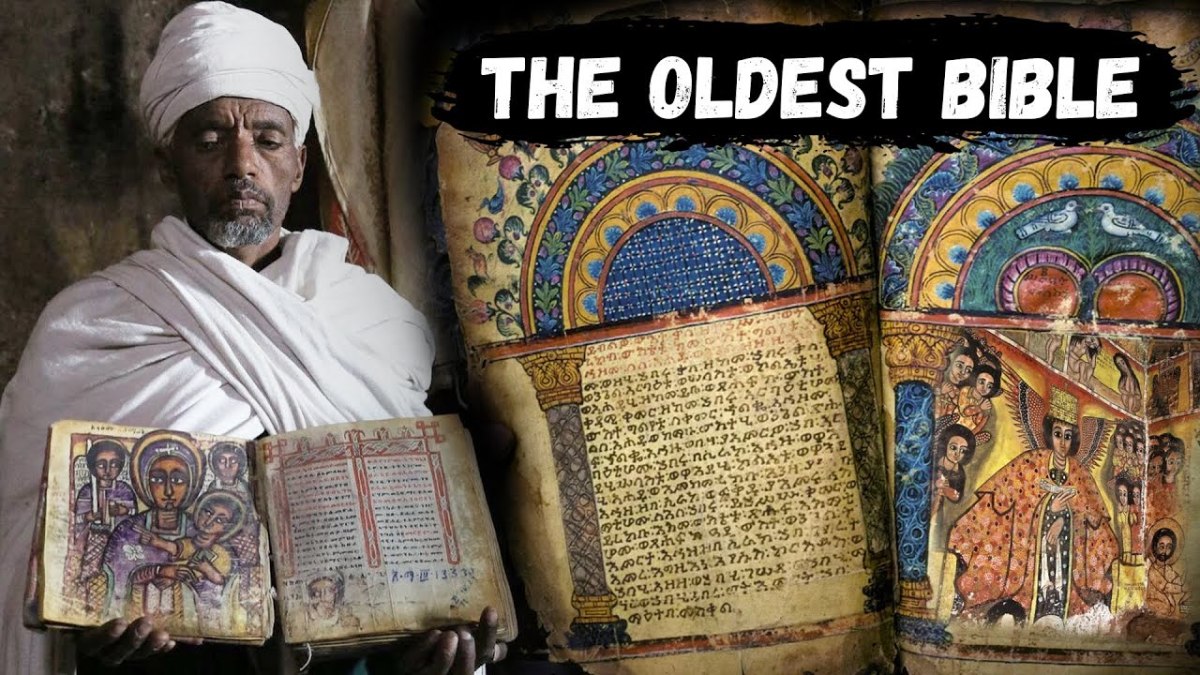Moses Explored

Moses is perhaps the most interesting characters in the history of Judaism because he really is a messiah to his people and yet is never really seen as one. He is also one of the most unsung conquering generals in history. To me he ranks up there with Alexander in many ways. To top it all off he is the creator of Judaism in a very real sense. And yet, little evidence exists that he actually lived or that the Exodus actually took place.
The story of Moses is interesting because it parallels that of Jesus in some ways. Both are born at a time when a king or Pharaoh has ordered all male children, specifically Hebrew children, to be killed. In the case of Jesus his mother and stepfather leave before he his born to evade his would be assassins. In the case of Moses he is set adrift and picked up by the daughter of the very household he was supposed to be killed by.
The story goes that he was raised in the Egyptian court by the daughter of Pharaoh. It has always interested me greatly that no Pharaohs are named either concerning his birth era or the one in power when he liberated his people. In fact even in Genesis the King of Egypt is never named. He is always just called Pharaoh.
Being raised in the Egyptian court Moses would have learned all about law and would have been well educated about all things Egyptian. Yet no Egyptian tablets have ever surfaced with his name on it to indicate that he ever lived as a prince of Egypt. No Egyptian writing tells us about the sudden increase in Hebrews in the land or that they were seen as a threat and suddenly subjects of slavery. Nor is there mention of all these plagues Moses is said to have sent.
This would be fine if Moses was to have lived 3000 BCE or earlier as not much is known about the first dynasties of Egypt. But Moses, according to the Jews was born around 1391. If true then Nebmaatre Amenhotep III became ruler of Egypt in 1390. He would have been the one who wanted all Hebrew male children killed. He had 4 to 5 daughters and 2 sons. Two of his daughters became his wife in his later reign (very common in those days) and at least one daughter died very young. We know all their names but the bible does not mention a name for the daughter of Pharaoh who supposedly raised Moses.
The other possibility would be that Thutmose IV made that decree not long before dying and leaving his son Amenhotep III in charge. Again, Thutmose IV had several daughters.
The next ruler after Amenhotep III was his son Akhenaton. But he ruled from 1353 so Moses would have been 38 by then. The interesting thing about that is the fact that Akhenaton would rule for 17 years in which he took Egypt into the first monotheistic religion, elevating Ra form a major god in the pantheon to the only god. This is something Moses did as well. In that time Akhenaton would move the Egyptian capital to Akhetaten, a city he built in the desert specifically to worship Ra/Aton. Moses would have been around 55 years old by the time Akhenaton died.
Moses is said to have lived 120 years and from age 80 he wondered the desert with the Hebrews in tow. That would mean that several pharaohs would have died by the time he reached 80 years of age. The bible mentions one. Exodus 2 : 23 And it came to pass in the course of those many days that the king of Egypt died; and the children of Israel sighed by reason of the bondage, and they cried, and their cry came up unto God by reason of the bondage. 24 And God heard their groaning, and God remembered His covenant with Abraham, with Isaac, and with Jacob. 25 And God saw the children of Israel, and God took cognizance of them.
This is when Moses is asked to lead his people out of Egypt. But if he was born at the end of Thutmose IV’s reign, the Pharaoh that gave the order to kill the males children of the Jews would have died when Moses was less than a year old. This is not mentioned in the bible. Rather Amenhotep III’s 37 year reign seems a more likely candidate.
That would mean that there is a 38 year gap and several Pharaohs including the 17 year reign of Akhenaton followed by a short one year reign by either his Wife or his brother who was seen as effeminate and who’s gender was in question, followed by a two year reign by his wife Nefertiti, followed by an 11 year reign by his son, Tutankhamen, followed by a 4 year reign by Kheperkheperure Ay, and then a 28 year reign of Horemheb ending the 18th dynasty.
Between Amenhotep III and Kheperkheperure Ay is 37 years. If the timeline is correct Kheperkheperure Ay or Horemheb are the most likely candidates to be the Pharaoh with all the plague problems. Did Moses tend sheep for 40 years and did god allow the Jews to wait that long after the Pharaoh who Moses was afraid of died before he approached Moses to lead his people out of Egypt? Exodus seems to indicate otherwise but no dates or even real hints are given. It is almost as if they are obscured on purpose.
It is difficult to think that Moses was actually negotiating with Akhenaton and yet this is what some scholars believe. There are even some who claim Moses and Akhenaton might have been the same person. There is a lot of speculation about how and when Akhenaton died. He seems to have disappeared by some accounts. But to me this idea seems a little farfetched to think that even though Akhenaton created a monotheism which his people hated, and that his son Tutankhamen reversed, that he would lead the Jews out of Egypt. How ironic that would surely be. What would be his motive to change from worshiping the sun to worshiping the god of Abraham? None that I can see.
The Christians tell us that the Pharaoh Moses freed the slaves from was Ramesses II who ruled from 1279 to 1213. But that does not add up either. Besides which, the idea that he was the Pharaoh associated with Moses is sourced from a work of fiction written in 1944 by Thomas Mann: Das Gesetz. Not a compelling source as far as I can tell.
No ruler lasted much more than 30 years and most lasted far less. To have Moses living for 120 years and wandering the last 40 years in the desert with only one ruler in between his birth and his negotiations to free the slaves is impossible. Yet this is what the bible implies. Between the Jews estimated time for Moses birth and his death in around 1271 BCE there would have been a minimum of 8 Pharaohs, and at least 5 between his birth and his 80th year.
An interesting note here is that it is only in the Merneptah Stele where Israel is briefly mentioned. It is in reference to a battle fought against them and won by Banenre Merenptah who ruled Egypt from 1213 to 1203 BCE. No earlier records of ancient Egypt found to date even mention the Jews let alone Moses.
What is really interesting is that mention of Moses has not been found dating any farther back than 9th century BCE. A portion of “The law of Moses" was discovered in the temple during the reign of King Josiah who ruled the kingdom of Judah from 641 to 609 BCE. It is thought to have been written by the Deuteronomists in the 9th century during the United Monarchy period. They were one of 4 major contributing factions to what would become the Torah. The text is thought to have been possibly the earliest version of Deuteronomy.
The idea that Moses wrote the torah has long been known to be false. The current theory is called the Wellhausen hypothesis. There are several styles of writing that run through the text that show it cannot have been the hand of one person. There are also conflicting theological ideas as well as conflicting accounts of the same story in different books, which illustrates this quite graphically. Is it a coincidence that the Yahwist faction who ruled the temple at the time found this book in the midst of a kind of inquisition against polytheism? Some scholars have suggested that it wasn’t until this time that Judaism become truly monotheistic between the United Monarchy period and the Kingdom of Judah, using the myth or legend of Moses to unite them rather than an historical event,
By 200 BCE there are already a lot of extra biblical legends about Moses in Greece. Artapanus of Alexandria tells us about wars Moses fought and won with inexperienced soldiers before the Exodus years. Of course none of it is known or thought to be factual. Another writer of the time tells us Moses had ruled lower Egypt for a time before leading the Jews out. This may be where part of the idea of Moses being Akhenaton comes in to play. Tacitus, a Roman historian of 56 CE tells us that the Pharaoh Bocchoris is the poor sap who had to deal with all the plagues. But he ruled between 725 and 720 BCE which would mean that “The law of Moses" found in the temple in the kingdom of Judah could not have been written in the 9th century.
There are other reasons Tacitus accounts are thought to be myths. For instance, according to him the Jews only wandered in the desert for 7 days before taking the Promised Land by force. He tells us that Moses gives this very uncharacteristic advice to the Jews: “not to look for help to gods or men, since both had deserted them, but to trust rather in themselves, and accept as divine the guidance of the first being, by whose aid they should get out of their present plight.”And yet who or what would this first being be if not a god?
Current theory put forth by authors/experts like Martin Noth suggest that there was not one but at least two exoduses from Egypt. Some claim that it happened gradually rather than in two distinct waves. Many, however, see Moses as possibly being a real person who had some minor roles to play in one of the events, but that he became the focal point for a much larger legend through folk lore well after the fact; as well as the result of scribes melding the works of the several factions in to the final product.
Moses life like that of many ancient historical or mythological figures is a mystery. Whether he lived or not is up for debate. Jews and Christians will have to continue to take it on faith. Because there is just no real evidence for his existence, or indeed his heroic exodus from Egypt.... More’s the pity. It’s a good story.


